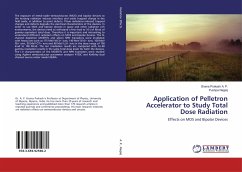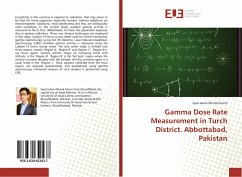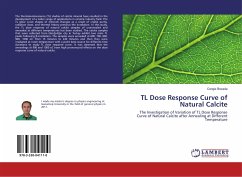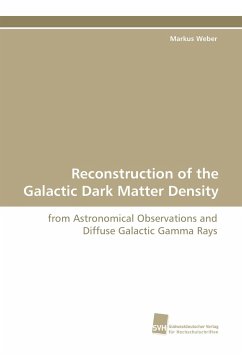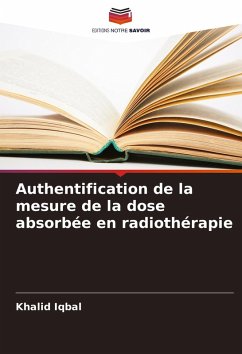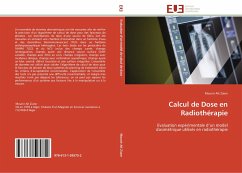
Radiation Dose Reconstruction
Versandkostenfrei!
Versandfertig in 6-10 Tagen
23,99 €
inkl. MwSt.

PAYBACK Punkte
12 °P sammeln!
Please note that the content of this book primarily consists of articles available from Wikipedia or other free sources online. In physics, radiation describes any process in which energy travels through a medium or through space, ultimately to be absorbed by another body. Non-physicists often associate the word with ionizing radiation (e.g., as occurring in nuclear weapons, nuclear reactors, and radioactive substances), but it can also refer to electromagnetic radiation (i.e., radio waves, infrared light, visible light, ultraviolet light, and X-rays) which can also be ionizing radiation, to a...
Please note that the content of this book primarily consists of articles available from Wikipedia or other free sources online. In physics, radiation describes any process in which energy travels through a medium or through space, ultimately to be absorbed by another body. Non-physicists often associate the word with ionizing radiation (e.g., as occurring in nuclear weapons, nuclear reactors, and radioactive substances), but it can also refer to electromagnetic radiation (i.e., radio waves, infrared light, visible light, ultraviolet light, and X-rays) which can also be ionizing radiation, to acoustic radiation, or to other more obscure processes. What makes it radiation is that the energy radiates (i.e., it travels outward in straight lines in all directions) from the source. This geometry naturally leads to a system of measurements and physical units that are equally applicable to all types of radiation. Some radiations can be hazardous.




